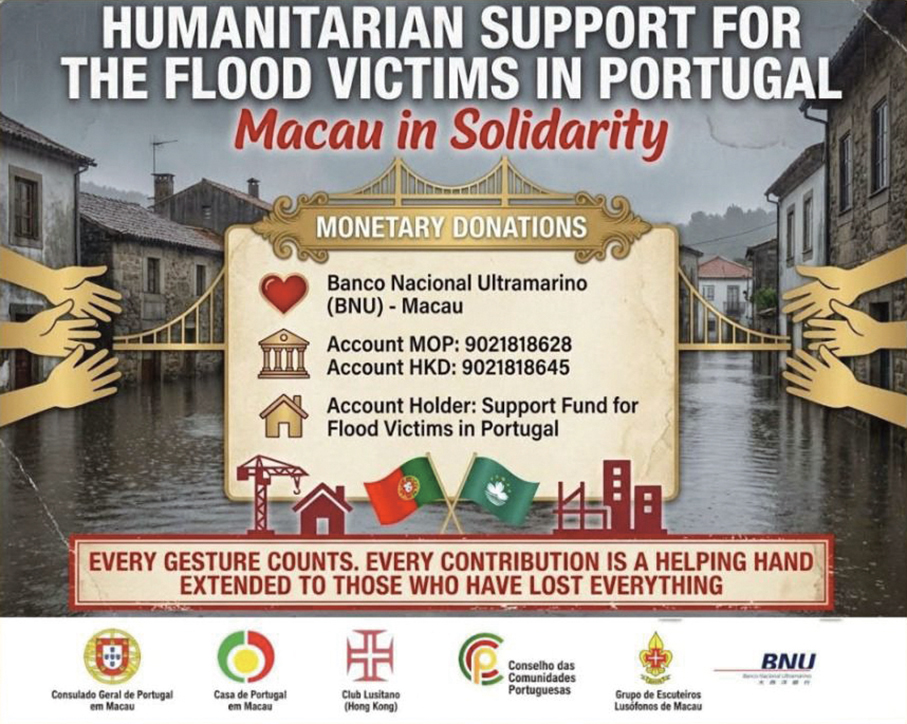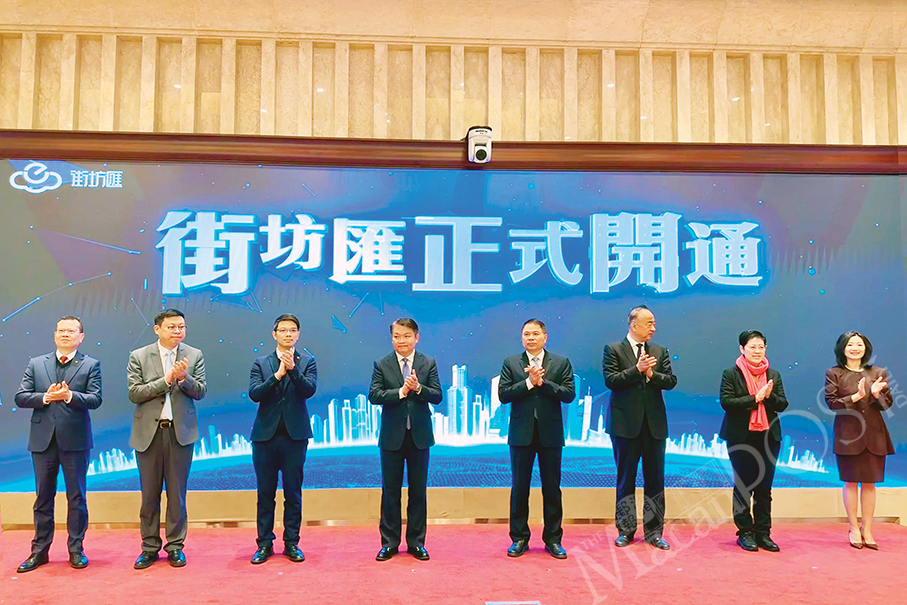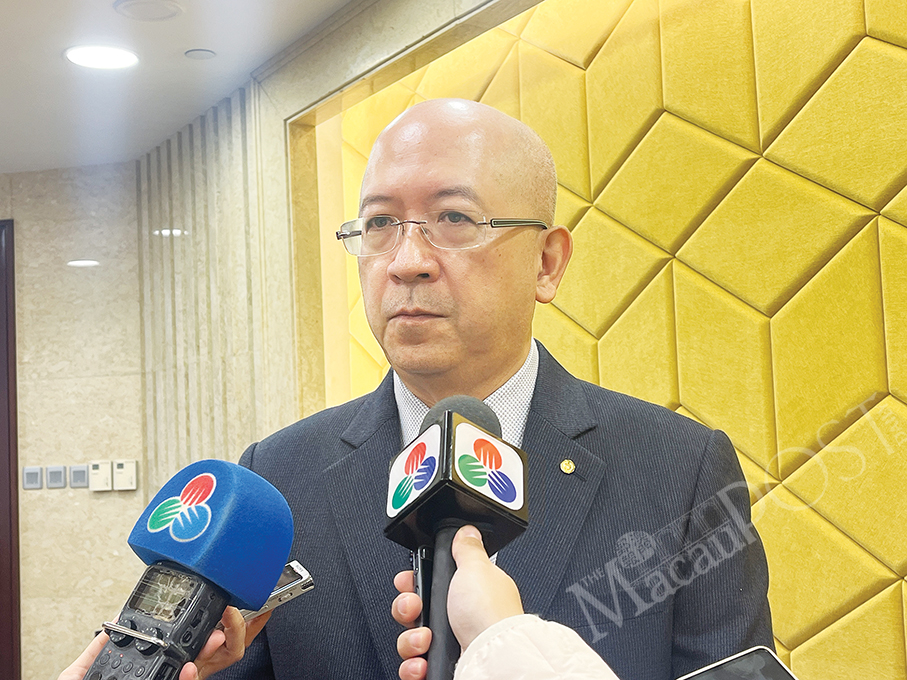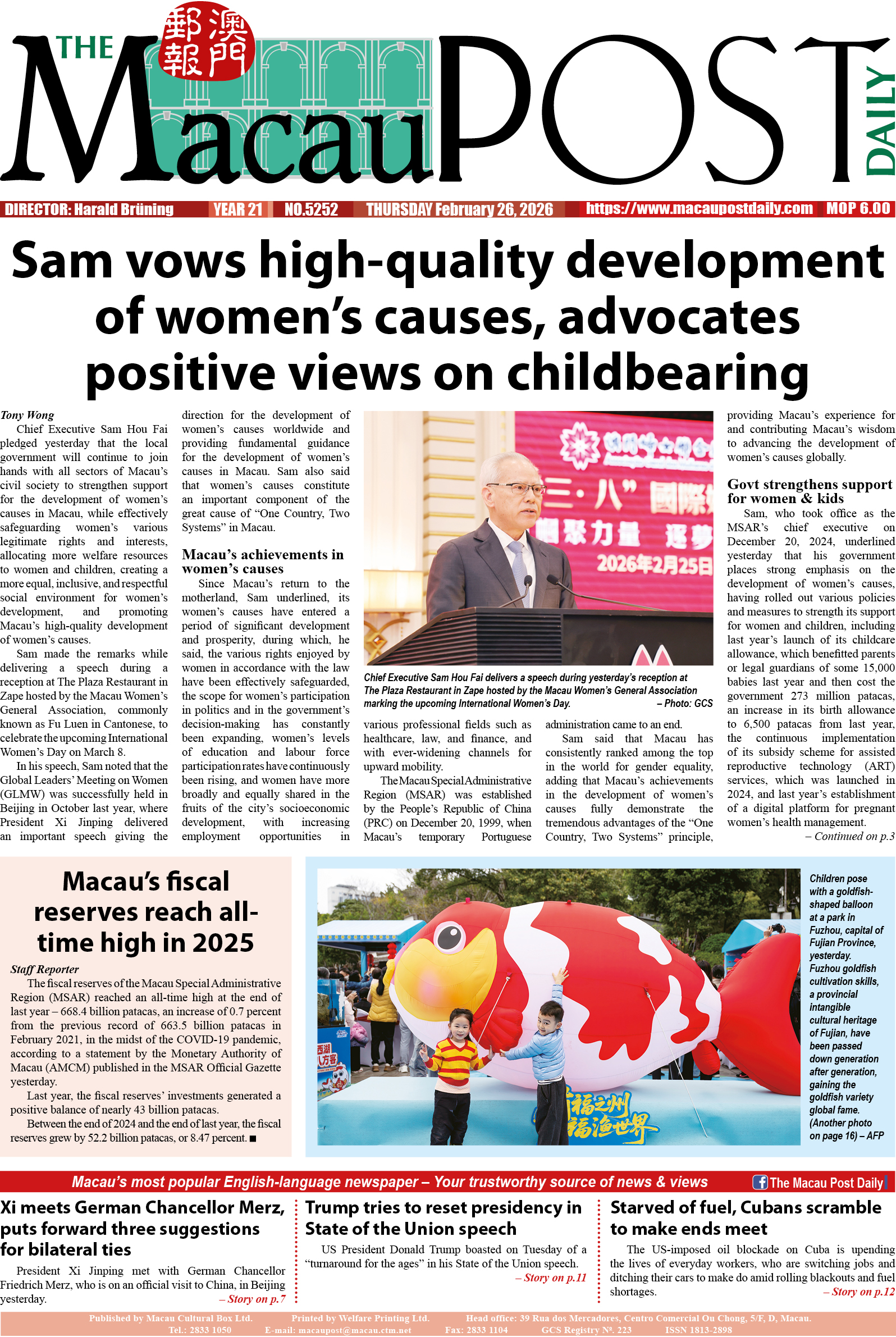Commentary by Swallow Xu
Every time on my terrace in the city centre hearing a woman’s voice from the loud speaker resounding in the air imploring people to wear a facemask besides other precautions, I felt as if being transported back in time to my childhood village in Guangdong with a loudspeaker announcing commune events, and I felt as if I was part of a movie every time I raised my eyes from my hurried walking only to see many “facemaskers” around me on the street.
On March 21, as per mainland Chinese media, top provincial and municipal officials in Jiangsu, Zhejiang and Hainan already took off their facemasks during meetings – a gesture showing the success in containing the novel coronavirus and encouraging civil society to lead a back-on-track life without a facemask.
In the meantime, the pandemic spreads across Europe and the USA. Following the Europe epicentre, less high-risk countries like the US, UK, Australia finally have reacted, ordering people to stay home and non-essential businesses to shut down. And with the outbreak getting controlled in mainland China (now only with a very small number of imported cases), inversely, overseas Chinese are trying hard to get facemasks from the motherland, because of a shortage in their adopted countries. In this wave, I become a transporter of facemasks, bringing again and again these small hot guys into Macau for re-sending overseas. It’s not an easy job, but I cannot say no to friends in need.
On the other side, on March 11 a New Yorker told me that in her city only Chinese people were wearing a facemask. So why is that?
We can see a stark East-West difference on facemasks’ role in this war against the virus. In greater China, facemasks have become the ‘hard currency’ – as joked about by Chinese people. It is a must-have for everybody and a required pass everywhere you go. We saw on the media and in daily life Chinese/Korean/Japanese, from top national officials to policemen and ordinary people, all wearing a facemask, but never saw Western leaders with one! European and American military men and the general public featured by news photos also seldom, if not ever, put on a facemask.
It seems no Western countries’ governments openly ask or urge their citizens wear a facemask; instead, the US general surgeon once requested people leave facemasks to health workers. While governments’ rhetoric and leaders’ stances do affect people’s perceptions towards facemasks, cultural differences do play a part.
East Asians (Chinese, Japanese, Korean and more) share the cultural traits of being shy, cautious, and prudent, tending to put the collective interest over individual freedom. Take for instance, mainland Chinese may think that ‘if I don’t contract the virus, my family, neighbours and community will be okay’, that ‘keeping myself healthy is making a contribution to the nation.’
And, with a tradition of respecting seniors and succumbing to authority, Easterners have been very careful in this fight against COVID-19, obeying government guidelines beyond wearing facemasks, for they trust that virus containment should be done from/in every detail, as this virus is so tricky that someone may have contracted it without showing any symptoms but transmit it to others. Above all, being sentimental, pessimistic, Eastern people would take each and every small measure for self-protection in order to avoid any chance of infection. They don’t mind being over-prepared. And psychologically, wearing a facemask boosts a virus-free hope.
By contrast, in general, Westerners are more casual, free-spirited, hold up individual freedoms or human rights higher than collective wellbeing, and tend to defy orders and authoritativeness. A certain online video showed that young people in Miami did not want to give up the fun time in their spring break, still partying. A young man said, “If I get it, I get it….” His idea might be quite representative of the majority in the West. Just on March 21, Australians still enjoyed themselves on a beach in clusters despite the fact that the government had forbidden gatherings of over 500 people.
All this shows how optimistic, carefree and individualised they are. Their message? “Personal fun and rights supersede collective health interest.” It’s kind of like, ‘to live or to die, is my own choice, no one, no government can choose for me’, LOL.
As this worldwide pandemic continues spreading, let’s see how Western individualism and freedom have to adapt to the ever-changing situation. Individual freedoms and rights, or selfishness – allow me to say so – will have to make way for public interest.
Lastly, an update: on Sunday, March 22, Portuguese friends in Portugal asked me to buy facemasks, and my friend in New York said that she and other people are wearing facemasks now…
Next week topic:It’s Human Virus NOT China Virus plus Human-Nature Harmony









